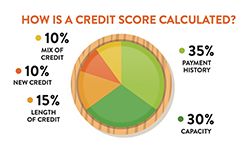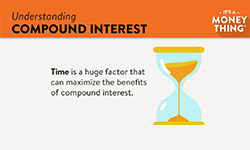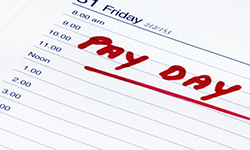
This month, as we commemorate our independence, it is also a great opportunity to work towards financial freedom. Empower yourself by making intentional, meaningful decisions that will help you grow your savings, investments, and ensure that you have cash on hand to afford the life that you desire for you and your family. To help, we’re sharing some tips to start your journey to financial independence.
What Does Financial Independence Mean to You?
Financial independence can mean different things to different people. Since each of us has our own goals in life. Consider what financial freedom means to you to help set you on the right path to creating a successful blueprint for your journey to financial independence. What are your goals and priorities?
- Early retirement
- Breaking the paycheck-to-paycheck cycle
- Affording to live on one income while your spouse stays at home with the kids
- Sending your child to the school of your choice
- Being able to assist your child with expenses related to higher learning
- Changing careers or jobs
- Reducing your work hours
- Having a financial buffer for unexpected expenses or emergencies
- Affording a vacation for yourself or your family every year
- Being able to assist others with charitable donations
Tips to Kick-Start Your Financial Independence
Financial freedom doesn’t happen overnight. But with discipline, focus, drive, and the right tools and resources, you can take control of your finances instead of your finances controlling you.
1. Create Financial Goals and Be S.M.A.R.T.
"A journey of a thousand miles begins with a single step." This is also true when it comes to your financial journey. Set small goals for yourself along the way to help you reach your bigger goal and be S.M.A.R.T.
- Specific: Create clear, concise goals so that you know exactly what you need to accomplish and don't get lost along the way.
- Measurable: Being able to track your progress gives you crucial data that will help you determine if you're on the right path to achieving your goals. Being able to track your progress can also help motivate you if you feel like your progress is too slow.
- Achievable: Because of the time and sacrifices you will have to make to reach your goals, you might feel a little stretched at times. However, the goals you set for yourself need to be attainable.
- Relevant: Each of your small financial goals needs to be relevant to your overall goal for you to attain financial freedom.
- Time-bound: Set deadlines for your financial goals, whether it's a few weeks or a several months. Setting a deadline helps you to stay on track and let's you know when it's time to check on your progress.
2. Create a Manageable Budget
Make a detailed plan for your spending. Creating a budget can help you set limits so you're able to prioritize your overall financial goal. While you create your budget, don't forget to track your spending. Tracking your spending can help you get an accurate picture of what you're spending your money on. You may find that you're spending too much money in a particular category and need to readjust your spending in each category to create a manageable budget.
3. Lower My Debt
Lowering and removing your debt payments makes an enormous impact to your financial and mental freedom. Your debts can eat away at your monthly income and hamper your from enjoying fun experiences or saving as much as you’d like to. Make a debt repayment plan and stick to it.
If you're carrying a lot of high-interest debt, consider consolidating your debt with a debt consolidation loan or a balance transfer.
4. Invest and Don't Forget to Also Invest in Yourself
Investing a portion of your money is a powerful way to create long-term wealth — even if you start with a small amount. With the power of compound interest, you can accumulate wealth over-time. Consider opening a Certificate of Deposit (CD), contributing to an Individual Retirement Account (IRA), and other investment options like stocks, bonds, and real estate. Before you invest in options that present more risk, do your due diligence by speaking with a financial advisor.
Another way to invest is by investing yourself by continuing to acquire real and effective financial knowledge and skills. Read books and articles, listen to podcasts, attend financial workshops or seminars, and news reports to grow your financial knowledge and stay informed.
We're Here to Lend A Helping Hand With Your Financial Journey
A Members First Credit Union of Florida, we have you the tools you need to achieve financial independence. From our convenient savings and investment options, outstanding credit card rewards program, competitive loan rates, 24/7 Internet and Mobile Banking services, to our financial education tools and resources, we'll get you started on the path to financial freedom.
RESOURCES
« Return to "Blog"







